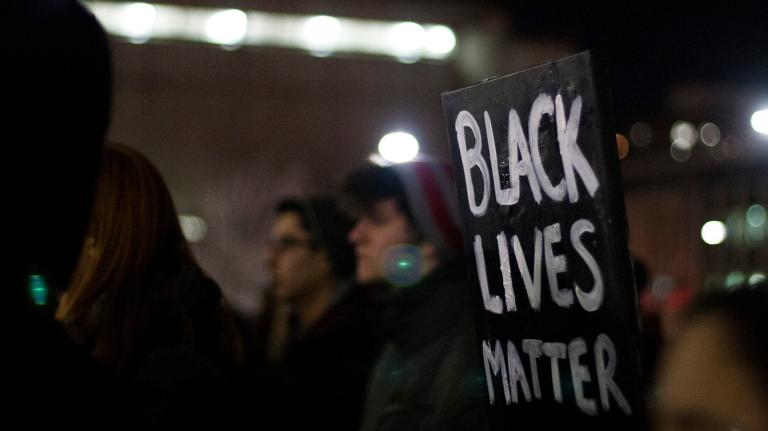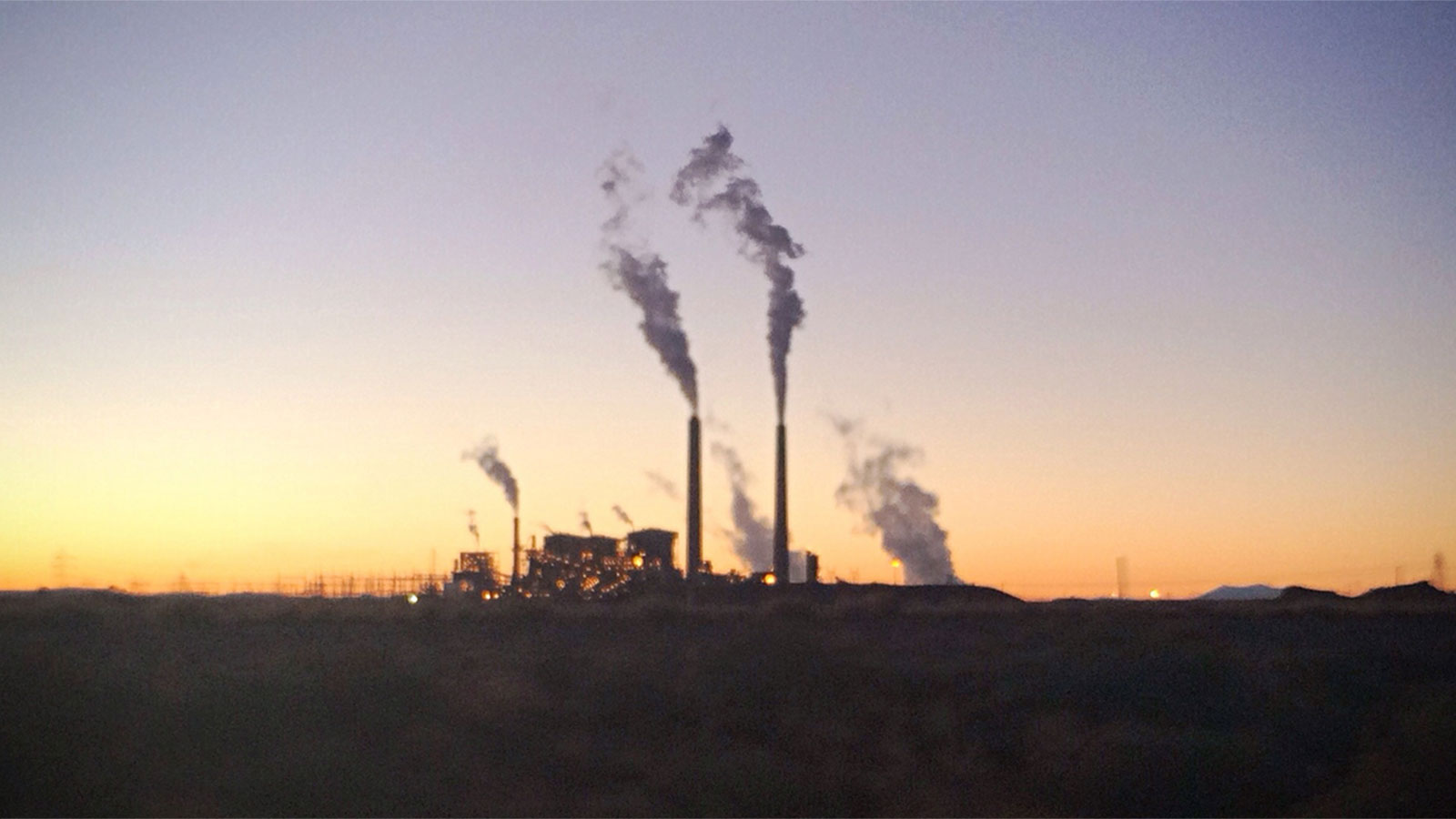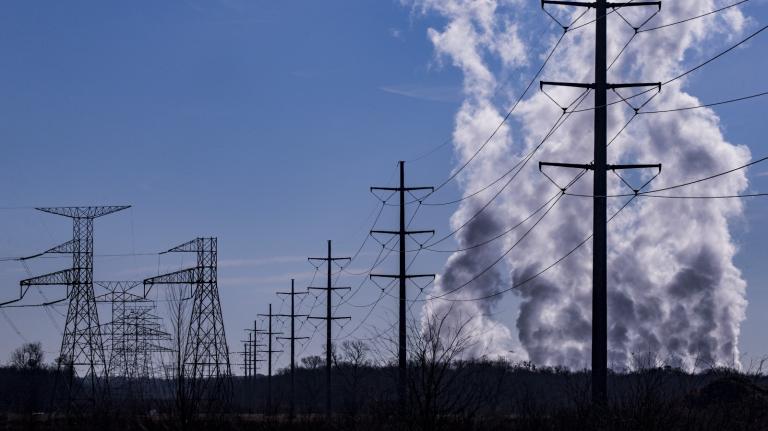One of the ways the U.N. hopes to help developing countries prepare for climate change is through a mechanism called the Green Climate Fund (GCF). In 2009, rich countries pledged to come up with $100 billion a year, by 2020, to help poorer parts of the world get ready to face a problem that they, by and large, didn’t cause.
So far, rich nations have pledged about $10 billion. That’s not nearly enough, and it might end up being even less if countries don’t make good on their pledges (for instance, if Congress succeeds in blocking Obama from delivering the $3 billion the U.S. recently promised).
A healthy portion of the commitments so far have come from Japan. Way to lead, Japan! Right? Well, maybe not so fast. An Associated Press investigation found that around a billion dollars of what Japan had told the U.N. was “climate financing” to poorer nations actually went to fund coal plants built in Indonesia by Japanese companies. The AP reports:
Japan says these plants burn coal more efficiently and are therefore cleaner than old coal plants.
However, they still emit twice as much heat-trapping carbon dioxide as plants running on natural gas. Villagers near the Cirebon plant in Indonesia also complain that stocks of shrimp, fish and green mussels have dwindled.
Japan claims that it didn’t (technically) do anything wrong, and (technically) it seems to be right. But building coal plants in poor areas isn’t exactly what the U.N. means when it refers to “climate financing.”
“Unabated coal has no room in the future energy system,” Christiana Figueres, the U.N.’s point person on climate change, told the AP. “Over time, what we should be seeing is a very, very clear trend of investment into clean renewable energy.”
The big takeaway from this story is that the U.N. just doesn’t have rules for what is “climate financing” and what isn’t. But it will have to get some if the Green Climate Fund is to reach its funding goals and spend the money in ways that are at all worth countries making commitments in the first place.
Around 300 environmental groups sent a letter to the fund’s board yesterday urging the board to get on it — to rule out “financing fossil fuel and other harmful energy projects or programs.”
“What this tells is that wealthy countries may view the GCF as a way to greenwash what they want to finance anyway,” wrote Kyle Ash, Greenpeace’s senior legislative representative, in a statement to Grist. “The GCF Board should agree to an absolute ban on any fossil fuel investments, and send a broad communication to follow the U.S. lead on banning public investment in financing of coal projects abroad.” Or at least trying to.
“It defies reason that we have to raise this issue with the UNFCCC/GCF at all,” said Samantha Smith, the leader of the World Wildlife Fund’s Global Climate and Energy Initiative.
The U.N. acknowledged to the AP that the current situation isn’t ideal and needs to be fixed. The GCF’s board will be meeting in February and will at that point consider an “exclusion list” — a list of types of projects that should not receive funding.




